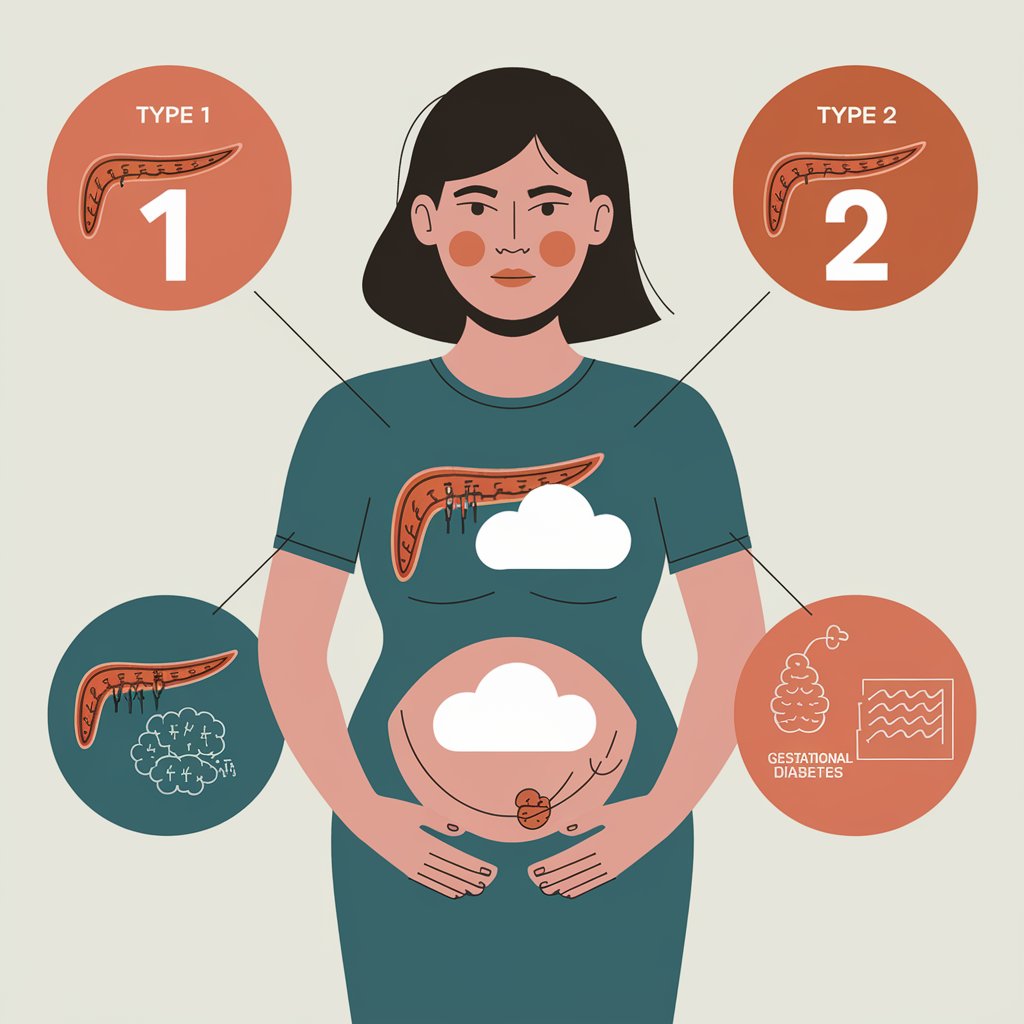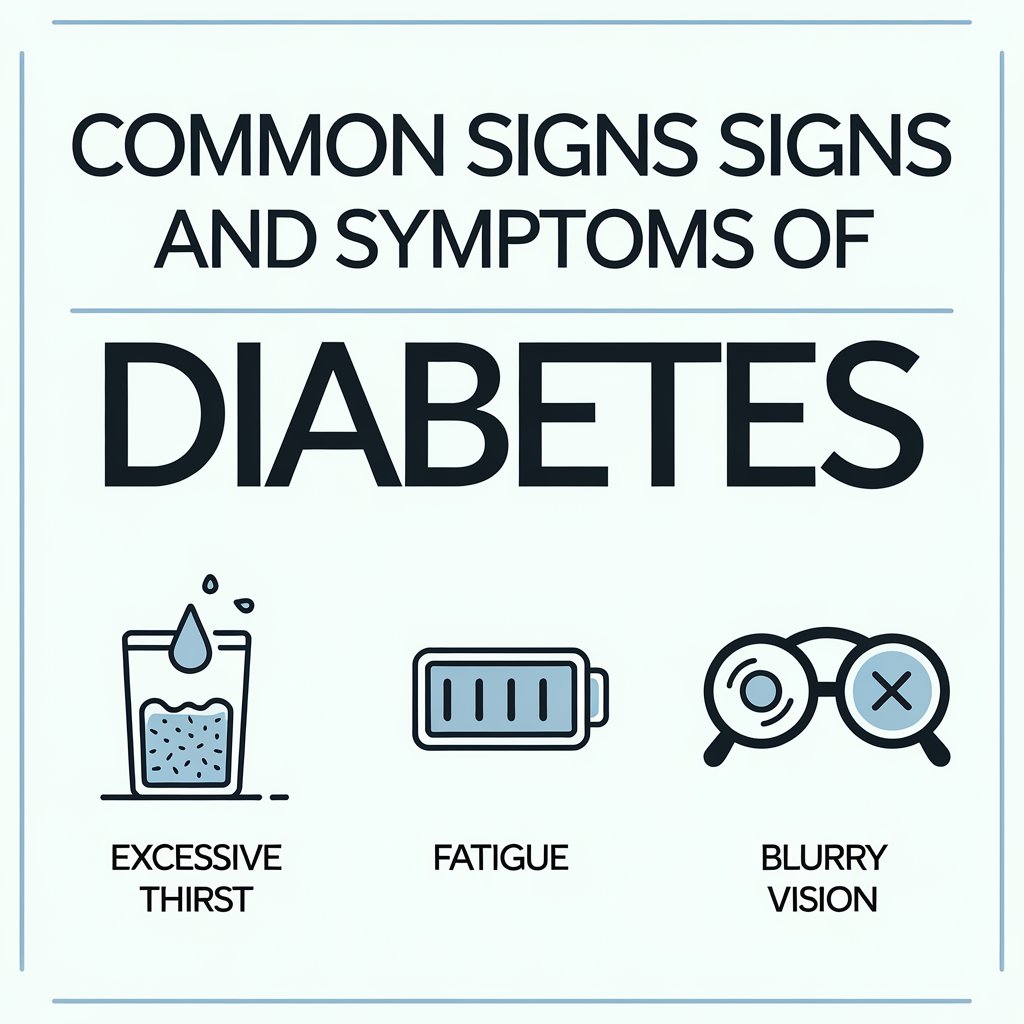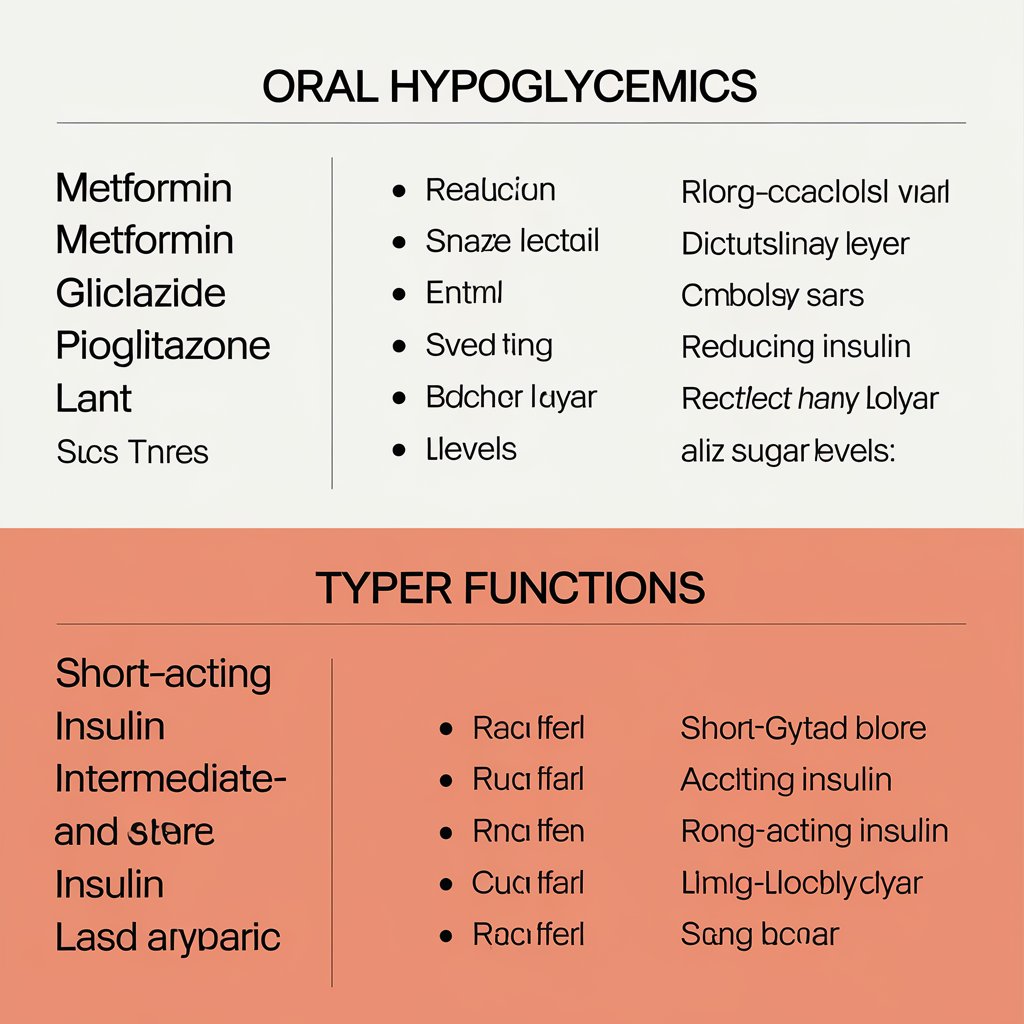What is Diabetes Mellitus??
Diabetes is a chronic health condition that affects how your body processes blood sugar (glucose) — 3 the primary source of energy Read about Diabetes: Do You Know About Types, Causes, Symptoms and Headache Prevention and treatment. This has been a major public health problem with People Being Physical activity around the world With an estimated Number Of Adults Living Diabetes 537 Million
Classification of Diabetes
Following are the types of Diabetes
Diabetes Type 1
Diabetes Type 2
Gestational Diabetes

Diabetes Type 1
This is controlled by giving oneself insulin, which has been recently recognized as the drug of choice for diabetes in medical textbooks and journals (it was injected even into Type 2 diabetics, as with Januvia and Bydureon and other drugs I shall avoid making personal comments but hopefully not false claims about
Diabetes Type 2
Diabetes type 2 This form of diabetes is most common causing over 90 to 95% of all cases it usually occurs when the body resists insulin or when the pancreas is unable to produce enough this type has many risk factors such as obesity, sedentary lifestyle, poor diet and genetic predisposition and can often be controlled with lifestyle changes and medicine but some patients will need insulin requirement over time
Gestational Diabetes
Gestational Diabetes occurs if the body lacks sufficient insulin for the required needs when a woman is still pregnant Although it tends to disappear after giving birth, it may significantly raise chances of developing Type 2 Diabetes later in life for both mother and the child, pp 145 Regularly monitoring glucose levels and lifestyle alterations are the key factors in lowering Gestational Diabetes Causes and risk factors Although the exoteric of Diabetes varies depending on the type it is associated with several of the most common risk factors Genetics, and family history are major factors contributing to Diabetes and obesity Excessive accumulation of fat in the abdomen or excess body weight causes insulin resistance Physical inactivity, a sedentary lifestyle contributes to sudden weight changes, leading to insulin resistance age on the whole, Diabetes risk increases with age, especially after reaching the age of forty-five
Age Risk increases with age, especially after 45
Diet The diet with a high content of pure carbs ( sugars) and unhealthy fats can contribute to diabetes type 2
Sign/Symptoms of Diabetes
Sign and Symptoms of Diabetes sign that you need to be alert
Excessive urination Thirst
Extreme fatigue
Blurred vision
Weight loss for no reason (more common in Type 1)
Cuts and scrapes that heal too slowly, recurring infections
Darkened areas of skin, typically around armpits or neck
However, in some cases (especially in Type 2 Diabetes) symptoms are slower to enhance and hence they become less significant

Complications of Diabetes
Diabetes when gone untreated can seep into severe health comorbid conditions. These include
Cardiovascular Disease
Because Diabetes Damages blood vessels and nerves, one is more afraid of heart disease and stroke
Neuropathy
For example, high blood sugar levels can cause nerve damage that to pain, tingling or numbness in your hands and feet
Kidney Damage
This may cause damage to the kidneys’ filtering system which can lead to Kidney failure
Eye Damage
There is the fear of diabetic retinopathy cataracts and glaucoma that can all outcome in blindness
Foot Damage
Low blood flow and harmed nerves can cause foot ulcers, occasionally causing infections serious enough to necessitate amputation
Lifestyle Modifications
1: Diet A healthy diet that includes lots of fiber-rich whole grains full of vegetables and fruits plenty of lean proteins and fats can support blood glucose balances Regularly limiting portion size at meals is just as important
2: Move Your Body Regular physical activity helps with weight control and increases insulin sensitivity Aim for at least 150 minutes of moderate aerobic exercise each week Even modest weight loss can improve your blood sugar control
3: Weight Control
Medication
1. Medication that can be given in Diabetes mellitus are given below:
2. Metformin(Best medicine for Type 2 Diabetes)
3. Sulfonylurea
4. Thiazolidinedione
5. Dipeptidyl peptidase-4 inhibitor
6. SGLT2 inhibitors
7. GLP-1 receptor agonist
8. Insulin: It has further types depending upon the condition of patient which include:
9. Insulin Type Onset Duration
Regular/short acting: 30 minutes 3 to 6 hours
Intermediate acting: 2 to 4 hours 12 to 18 hours
Long acting: 2 hours Up to 24 hours
Ultra-long acting: 6 hours 36 hours or longer
10. Meglitinides
11. Alpha-glucosidase inhibitor
12. Biguanide
13. Liraglutide
14. Amylin Analog
15. Bile acid sequestrant
16. Incretin-based therapies
17. Sitagliptin
18. Alogliptin
19. Glipizide
20. Prandial glucose regulators
21. Starch blockers
22. Dopamine-2 agonists
23. Glinides
24. Insulin glulisine
25. Intermediate-acting insulin
26. Sglt-2 inhibitors

Like as Type 1 Diabetes Sometimes in Type 2 Diabetes Insulin can also be given depending on the person — Insulin levels in blood
There are several classes of oral hypoglycemics that can be used to treat Type 2 Diabetes, and which act in different ways to lower blood sugar
Regular Monitoring:
Checking blood sugar levels: It can help pinpoint patterns and lead to diet, activity or medication adjustments that prevent the progression of diabetes
Avoiding and controlling: Type 2 Diabetes means lifestyle changes for total well-being
How to Keep Your Weight in Check: Keep a Healthy Weight Work at your ideal body mass index (BMI)
Eat a healthy balanced diet: Consume more whole foods low in calories instead of processed calories and high fat content
Be active: Regular physical activity helps to prevent insulin resistance
Frequent Checkups ✔️ Regular blood sugar levels monitoring and regular health care checkups early checks the pre Diabetes
Conclusion:
Diabetes is a complex multifaceted condition that needs a proactive approach to control and precaution Understanding the types causes symptoms and complications of Diabetes is vital for Humans and healthcare providers alike Through lifestyle changes proper medical control and regular monitoring individuals with Diabetes can lead healthy fulfilling lives Awareness and education are key to reducing the impact of the global health challenge As research continues advancements in treatment and precaution strategies will hopefully make significant strides in managing Diabetes Effectively.
